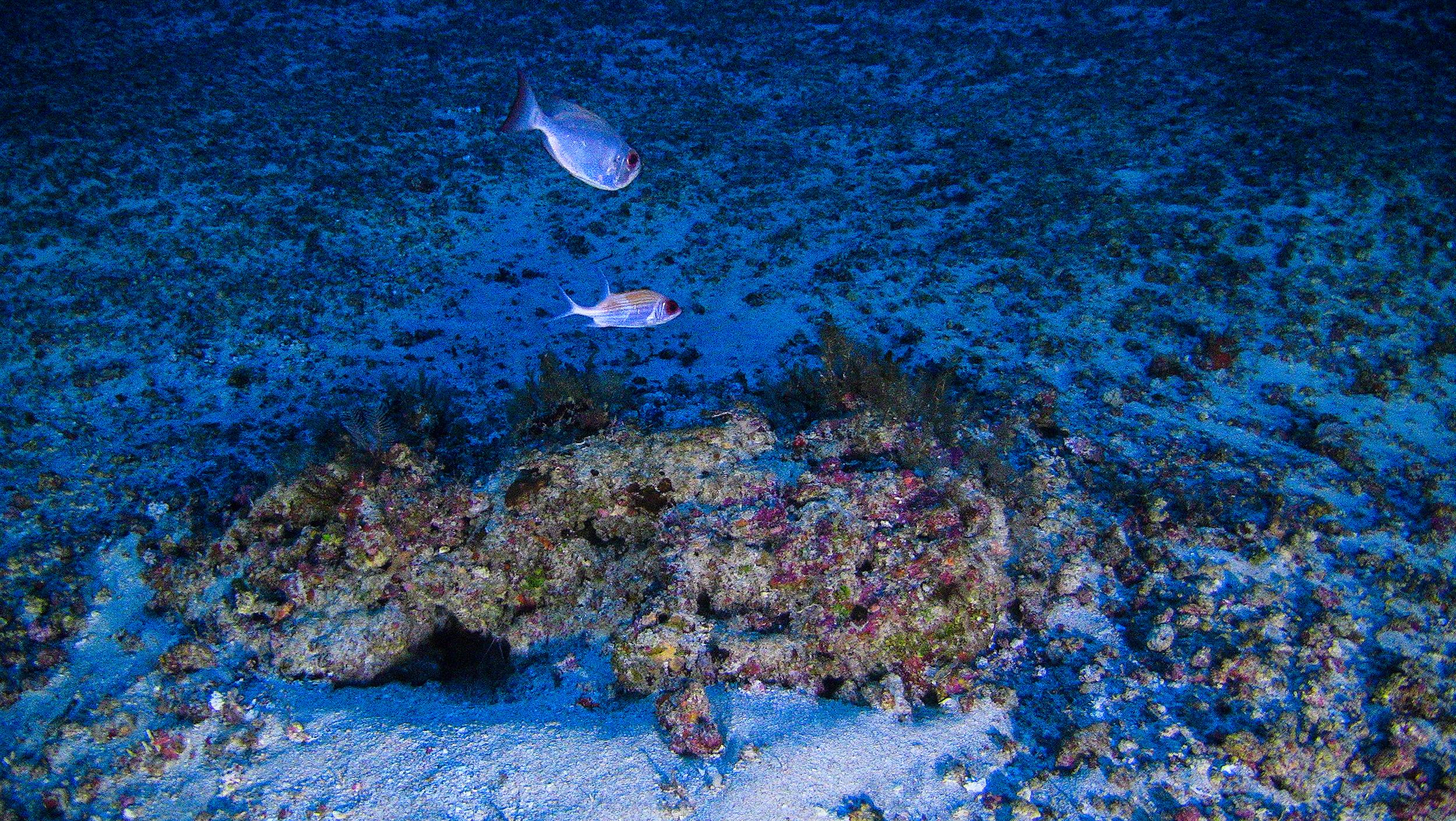Oil drilling near newly discovered Amazon coral reef attacked by scientists
Campaigners say oil spills could put the 'precious and unique' reef at risk

Plans to drill for oil near the newly discovered Amazon Reef – one of the largest in the world – have been attacked by leading scientists, conservationists and explorers.
The reef extends for about 600 miles off the north coast of Brazil, near the mouth of the mighty Amazon river, and covers an area about half the size of Wales.
Oil companies BP and Total plan to drill for oil in the area and there is concern that any spills would damage the “precious and unique ecosystem”.
Now a group of scientists and others have signed a statement calling the reef, the existence of which was only revealed last year, to be protected.
The signatories include Sylvia Earle, the former head of the US National Oceanic and Atmospheric Administration, as well as other scientists from the US, Brazil, Colombia, the UK, Spain, Australia and the Philippines.
Explorers Sir Ranulph Fiennes and Bruce Parry, and wildlife broadcasters such as Michaela Strachan, Bill Oddie and Ben Fogle, have also put their name to the statement.
“Plans to drill for oil in nearby waters pose significant pressures and risks, whether from drilling itself or from the threat of significant oil spills, which even the companies’ own oil-spill modelling give up to a 30 per cent chance of reaching the reef,” said the statement, organised by Greenpeace.
“A spill here could negatively impact the reef and the wider basin: an area home to vulnerable species including the Amazonian manatee and leatherback sea turtle, among many others.
“The priority should be to protect the reef and surrounding waters in order to conduct further research … to provide greater insight into its species diversity, structure and function, as well as the interconnections it has with other surrounding ecosystems, before any decisions are made concerning further human exploitation of the area.”
It stressed just how unusual the reef is.
“Where the Amazon River pours into the ocean, the surrounding waters are initially dark and silty – a very unusual environment for a rich carbonate reef ecosystem to exist,” the statement said.
“Home to pink corals, coralline algae, more than 70 species of reef fish and more than 60 species of sponge, the Amazon Reef is a thriving and dynamic ecosystem that has barely been explored, but may already be under threat.”
Indeed, there is already some drilling underway, while oil giants BP and Total have acquired licences to explore the sea bed nearby.
Dr Ronaldo Francini Filho, one of the researchers who discovered the reef, stressed its importance to the region.
“The Amazon Reef is one of the largest reefs in the world and a corridor connecting Brazil and the Caribbean,” he said.
“It is a critical piece of the mega-biome composed by the huge Amazon forest, the second largest mangrove in the world, and the reef itself.
“Thousands of people depend on the resources and ecosystem services provided by the Amazon Reef.”
Sara Ayech, an oil campaigner for Greenpeace UK, said that it was known “from painful experience” how damaging an oil spill could be, and referred to the Deepwater Horizon explosion which killed 11 people and created the largest spill in US history.
“This project is in deeper water than Deepwater Horizon, and BP and Total have yet to demonstrate that they have the ability to adequately deal with a spill in this precious eco-system,” she said.
“In addition to the threat to the largely unexplored Amazon reef, coastal communities could have their livelihoods destroyed for the sake of oil we don’t need and can’t afford to burn.
“We need to stop sacrificing our natural heritage to fossil fuel interests and start preparing for a future beyond petroleum.”
BP said the work would only go ahead if Brazilian officials agreed.
A spokesman for the company said in a statement: “BP operates one exploration block in the Foz do Amazonas basin, around 160 kilometres (100 miles) offshore Brazil.
“Under the terms of our licence, we have a commitment to drill one exploration well on the block by August 2018. Operations on the blocks will only proceed when fully approved by the Brazilian regulators.”
Join our commenting forum
Join thought-provoking conversations, follow other Independent readers and see their replies
Comments
Bookmark popover
Removed from bookmarks